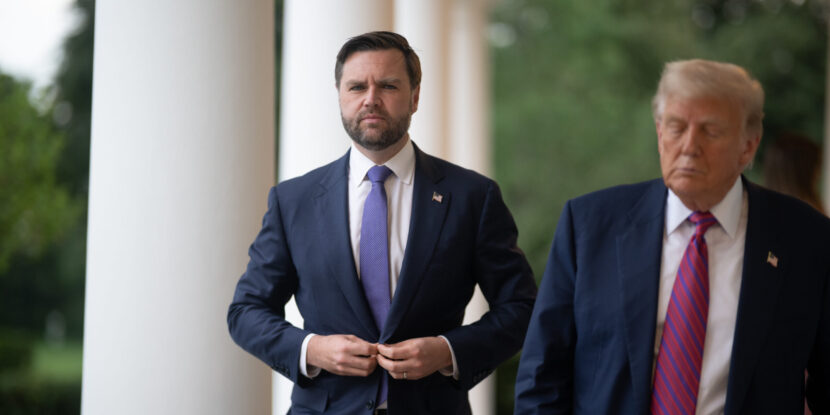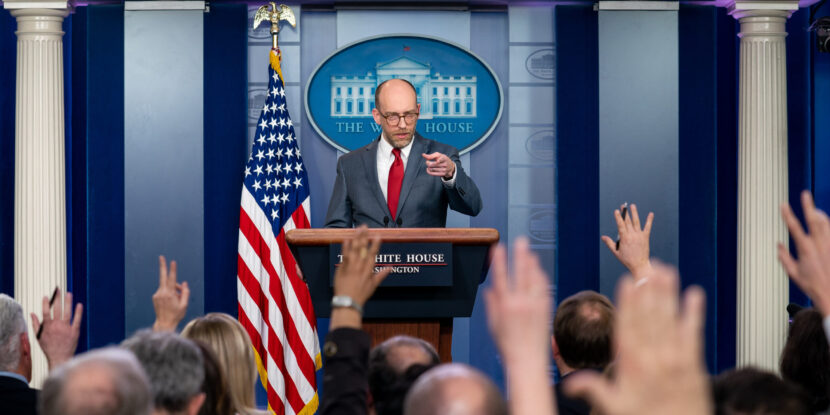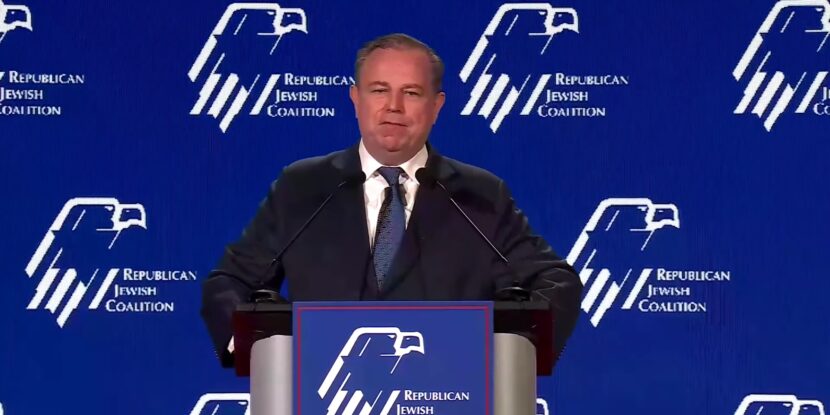A staggering 46 percent of Pakistani newborns in the “English” city of Bradford are the direct product of cousin marriages, falling from over 60 percent over the past decade, according to the BBC, which has attempted to contextualize inbreeding amongst minority communities.
The BBC drew on a recent study entitled “Born in Bradford,” which recruited 2,317 pregnant women from “inner city wards” without regard for their ethnicity between 2007 and 2010 and then another 2,378 mothers between 2016 and 2019. They found that 62 percent of the Pakistani women involved married either their first or second cousin in the first cohort and 46 percent in the second cohort.
The BBC even interviewed several women who did not approve of the trend, including one woman called Aysha, who married her cousin from Pakistan, and thinks “cousin marriage is a valuable tradition” and “regrets that it appears to be in decline.”
“I don’t think my children will marry cousins. They will lose that connection with Pakistan and I feel sad about that,” Aysha lamented.
The article similarly makes light of forced marriages in the Pakistani community; quoting a 52-year-old teacher, who said, “My parents took me to Pakistan and my dad said you’re going to marry this person. And I sort of knew who he was, but the first time I met him properly was at the wedding.”
The BBC attempted to explain away the trend by referring to Charles Darwin marrying his first cousin nearly 200 years ago, in 1839. Even in the early 19th century, however, cousin marriage accounted for no more than 4.5 percent of aristocratic marriages and 2.5 percent among the lower classes in the UK – far below the current rate in the Pakistani community.
The BBC also scrubbed a quote from a male teenager who explained in the original article: “If you’re really romantically into your first cousin, you can go for it, but now there isn’t as much pushing of cousin marriage.” Despite being removed, the quote was captured by archived versions of the site.





















